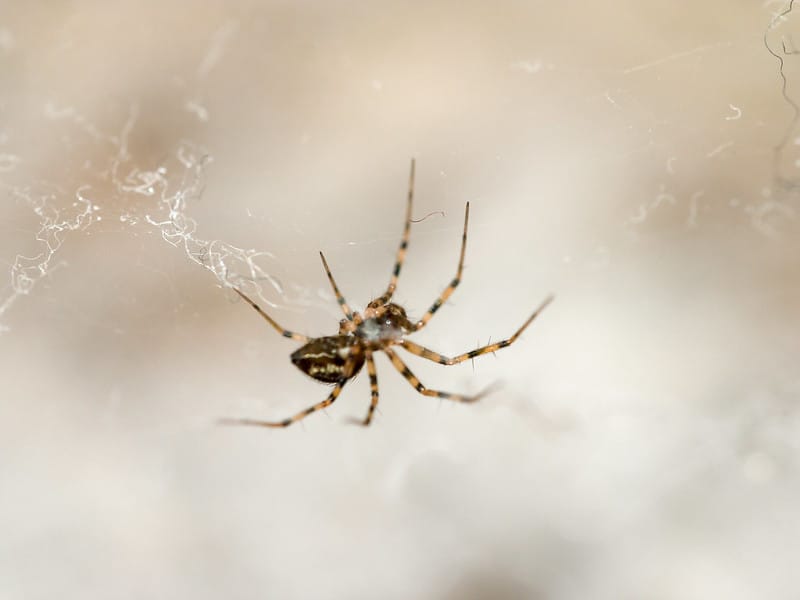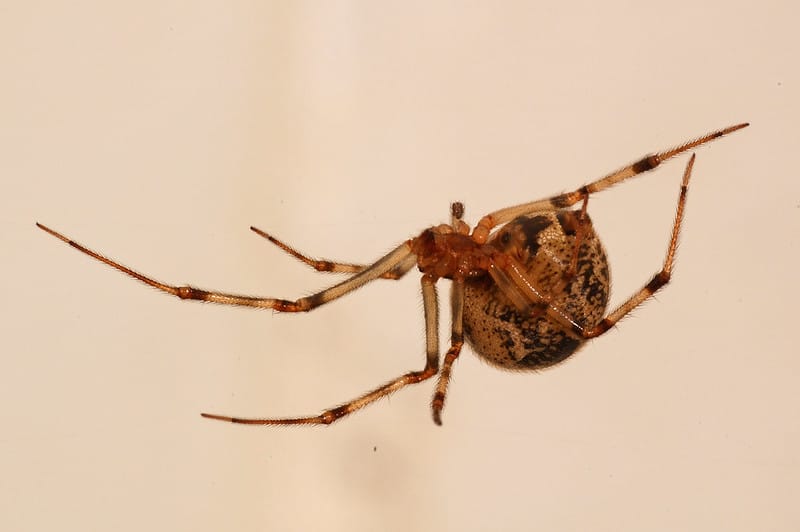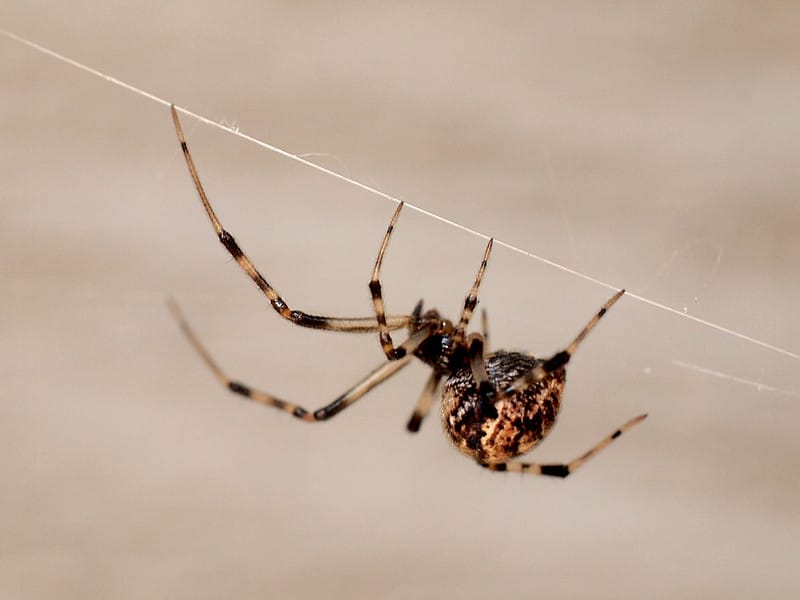How to get rid of House Spiders
Spiders are one of the least welcome house guests for most homeowners. Luckily, there are many effective ways to get rid of house spiders - all you need is a little bit of patience and elbow grease.

Spiders are one of the least welcome house guests for most homeowners. Luckily, there are many effective ways to get rid of house spiders - all you need is a little bit of patience and elbow grease.

The easiest way of getting rid of house spiders is to fill your home with a scent they hate – in this case: citrus.
Methods for diffusing citrus throughout your home could include rubbing citrus fruit peels (lemons and oranges mostly) along your windowsills and bookshelves, or burning citrus candles. You can also use citrus or lemon-scented furniture and home cleaners, which helps repel spiders from problem areas and tends to last longer than fresh fruit essence. If you can stand the smell, burning citronella candles every so often is also an option.
In addition to citrus, there are also a variety of homemade repellents you can create from ingredients most people have on hand.
Using vegetable oils (such as olive oil, canola oil, corn oil, etc.) and a few other highly available ingredients, you can create effective repellents that can be applied to high-traffic spider areas such as windowsills and skirting boards throughout your home.
Let’s see how you can make a spider repellent spray that can potentially kill them too when done the right way – at home.
Ingredients list:
Such a spray is pretty inexpensive and can be very effective in repelling spiders of all types.
However, you need to have some patience when you use repellents and homemade sprays. It takes time for spiders to completely move out of the home. Unlike you, the house is infinitely big for spiders and they can just relocate to a different place. Multiple passes are important if you wish to fix the spider problem permanently.
Vacuuming is great for taking care of a single spider or two. You can use your household vacuum cleaner to pull away any spiders along with any webs you can find. Spiders can move fast on their webs but they won’t be faster than the pull of the vacuum.
Sticky traps are a time-tested way of catching house spiders.
The trick to using sticky traps is to get the spiders to actually walk over them, which can be more of a frustration than you might think. We’ve seen people tape them onto walls and cabinets in hope that an active spider will wander across it in the middle of the night.
It’s not a bad idea, but instead, you might consider trying to attract other insects that spiders prey on. Placing some small dabs of jelly or crumbs of cheese will attract a variety of other insects, and hopefully a hunting spider shortly after.
If you’re going the pesticide route, we strongly encourage the use of non-toxic pesticides. The good news about pesticides is that they can kill spiders as well as a host of other pests and insects (which are likely because spiders don’t exist in isolation).
Experts suggest that pesticides, even if non-toxic, should generally be used outside your home. Having a professional treat your home exterior with a pesticide spray can help in reducing the spider population especially if you’ve identified problem areas that would be difficult to seal for exclusion.

Most homes have a handful of spiders each season, often found in corners, or in dark basements, or storage closets […]

House spiders are carnivores and predominantly eat smaller insects and flies. Spiders are, in many ways, ideal for pest control. […]

The biological name of this species is Parasteatoda tepidariorum, often abbreviated as P. tepidariorum. In short: the house spider doesn’t […]